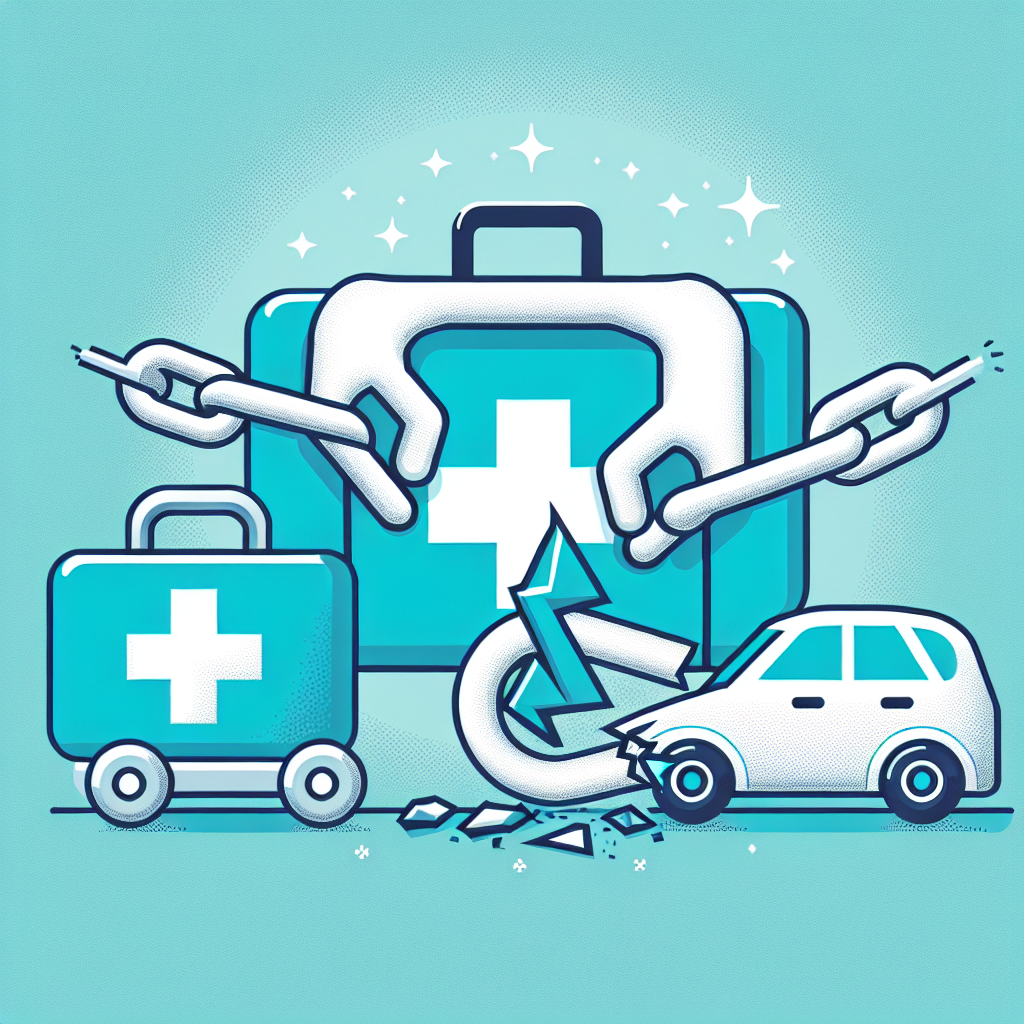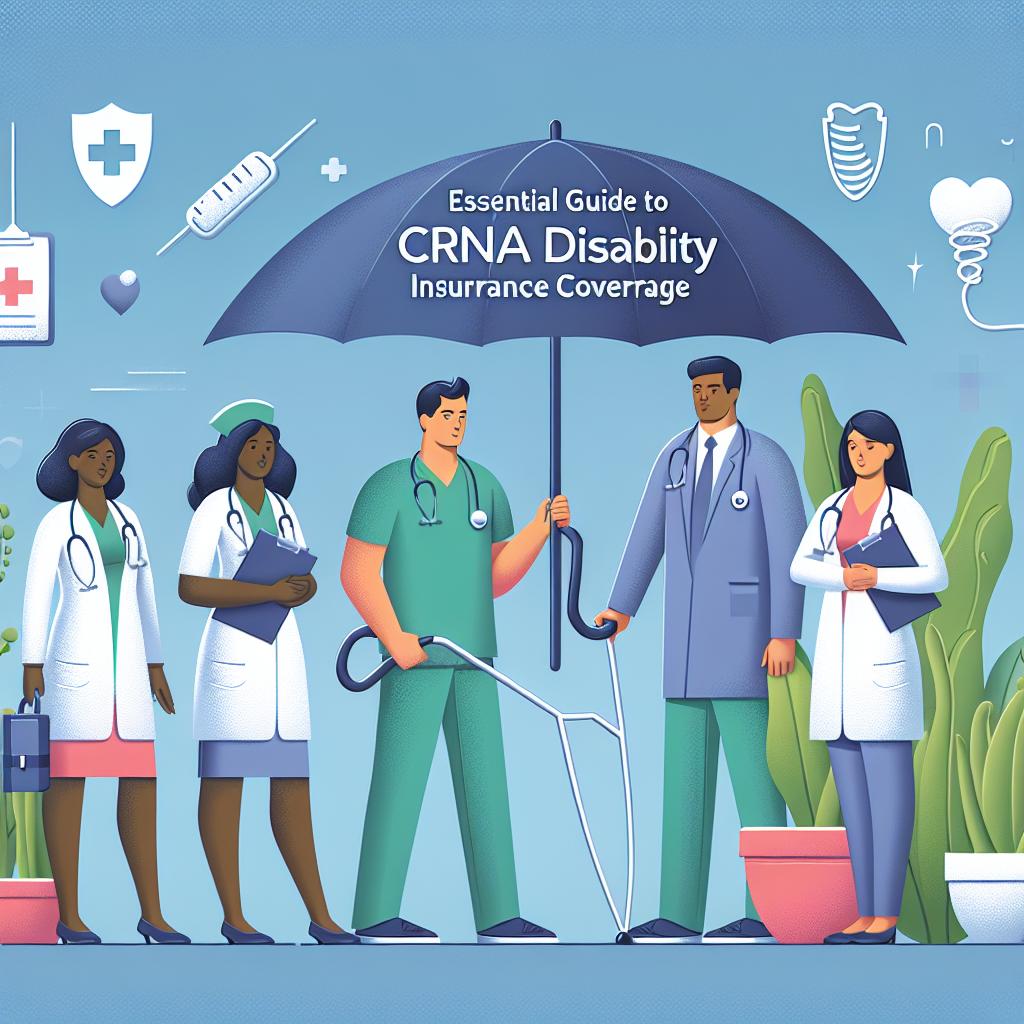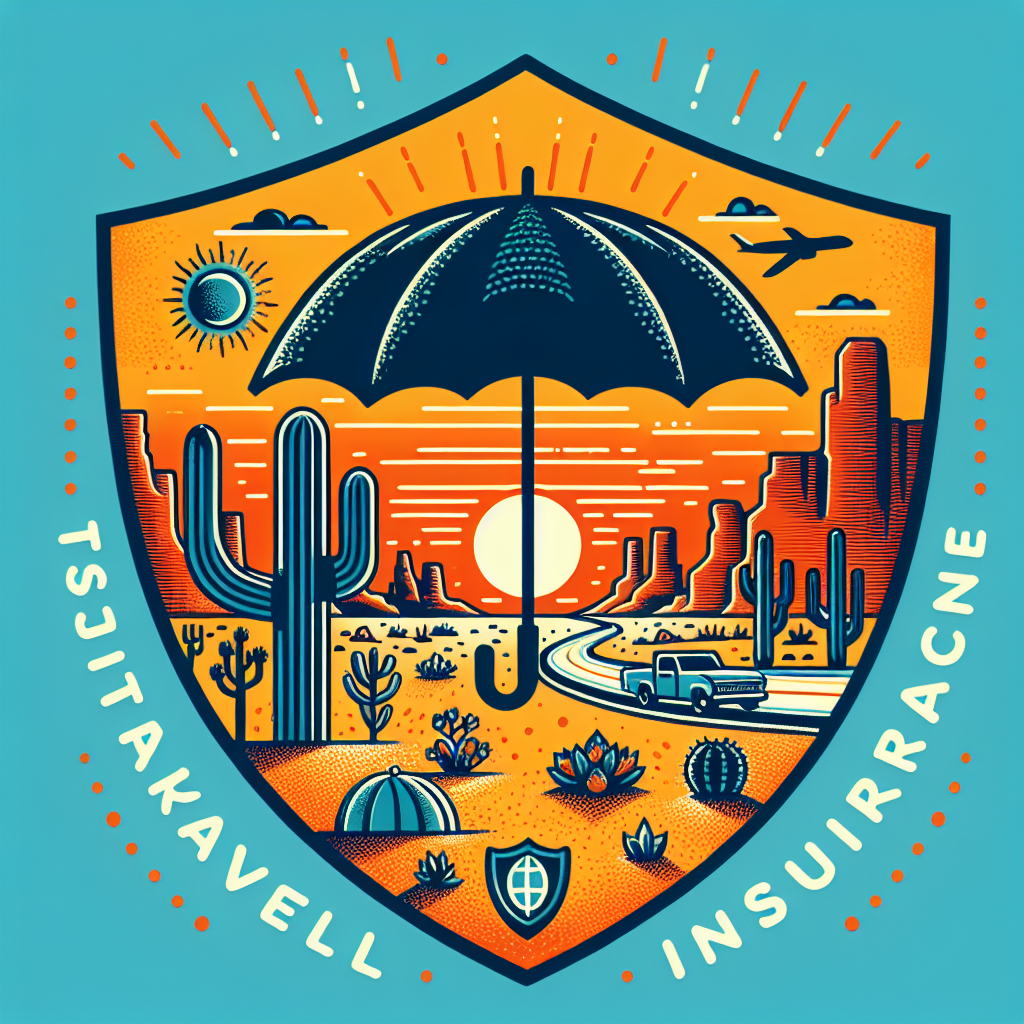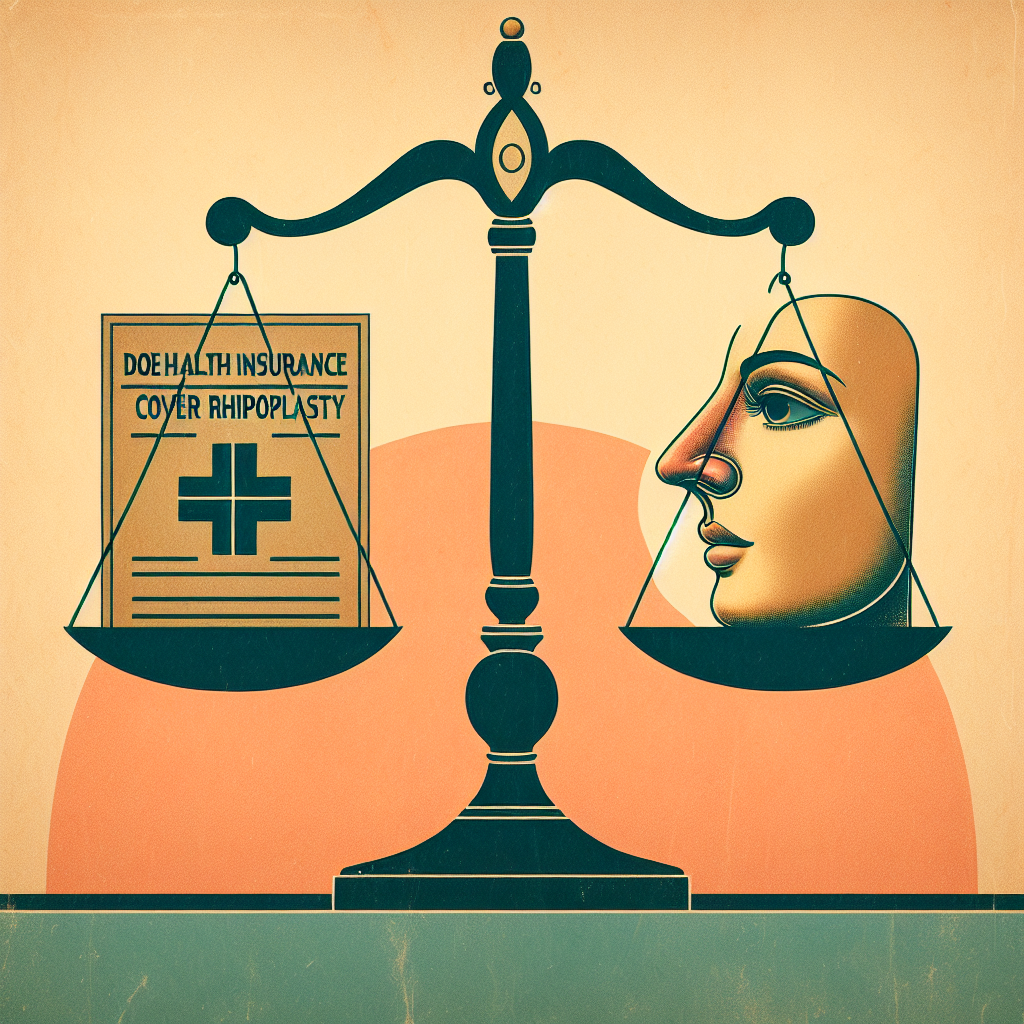Filed under Health Insurance on
Why Health Insurance Falls Short After Car Accidents

After experiencing a car accident, many people believe that their health insurance will comprehensively cover all their medical needs. Unfortunately, this assumption often turns out to be incorrect. Health insurance, while essential, may fall short in certain aspects following a car accident. Understanding these potential gaps is crucial for anyone who relies solely on health insurance for post-accident care.
Understanding Health Insurance Limitations
Health insurance is designed to cover routine medical expenses and certain types of care, but it often doesn't extend to all the necessary treatments and services required after a car accident. Here are some reasons why health insurance might not fully meet your needs:
Coverage Limitations
One of the primary issues is the coverage limitations inherent in many health insurance policies. These limitations can manifest in different ways:
- Exclusions and Limitations: Health insurance policies often have specific exclusions related to injuries sustained in car accidents. For instance, they might limit the coverage for certain types of therapies, alternative treatments, or even necessary surgeries.
- Pre-authorization Requirements: Some health plans require pre-authorization for treatments that are often critical for accident recovery, such as physical therapy. This can result in unnecessary delays in receiving care.
Financial Considerations
Even if your health insurance covers the necessary treatments, you may still face substantial out-of-pocket expenses:
- Deductibles and Co-pays: In the aftermath of a car accident, the costs can rapidly accumulate. High deductibles and co-pays mean that you might be responsible for a significant portion of the costs.
- Coverage Caps: Many health insurance policies have annual or lifetime caps on benefits, which an extensive rehabilitation regimen could easily surpass.
Lack of Coverage for Specialized Services
Car accidents can necessitate specialized medical services, which health insurance might not cover. This includes:
- Ambulance Services: While some policies may cover ambulance costs, others only cover limited types of ambulance services or none at all, creating unexpected expenses.
- Long-term Rehabilitation: Sophisticated rehabilitation services, like psychiatric care or chronic pain management, might also face coverage limitations.
Real-life Examples Highlighting Insurance Shortcomings
Case Study: Delayed Treatment Due to Pre-authorization
Consider the case of Michael, who was involved in a severe car accident. Despite having health insurance, his plan required pre-authorization for physical therapy. Consequently, he experienced a three-week delay before commencing treatment, ultimately lengthening his recovery period.
Case Study: Coverage Caps for Surgical Procedures
In another instance, Jessica required multiple surgeries after a car accident. Her insurance policy had a coverage cap, which she exceeded halfway through her treatment, resulting in large out-of-pocket expenses.
Why Supplementary Coverage is Important
The Role of Auto Insurance and PIP
Car insurance policies, particularly those with Personal Injury Protection (PIP), can provide a safety net where health insurance falls short.
- PIP Coverage: PIP is particularly valuable because it covers medical expenses, lost wages, and even rehabilitation services, filling in the gaps left by health insurance.
- Comprehensive Auto Insurance: Paying for comprehensive or auto insurance policies that include medical payments coverage can mitigate unexpected costs.
Benefits of Legal Guidance
Engaging with a legal expert specialized in personal injury can also facilitate a smoother recovery:
- Compensation Claims: Attorneys can help negotiate with insurance companies to ensure fair compensation, potentially covering areas not addressed by health insurance.
- Navigating Insurance Complexities: Expert advice helps demystify the intricacies of combining health and auto insurance for optimal coverage.
Practical Steps to Enhance Post-Accident Coverage
Review Your Health Insurance Policy
Understanding your policy's limitations before an accident can prevent surprises later:
- Know Your Coverage: Familiarize yourself with what your policy covers and the extent of that coverage.
- Identify Limitations: Be aware of exclusions that might apply to car accident-related injuries and services.
Enhance Your Auto Insurance
Ensure your auto insurance policy comprehensively covers medical expenses to complement any shortcomings in your health insurance:
- Evaluate PIP Options: Check if your policy includes or can add Personal Injury Protection (PIP) for more extensive coverage.
- Consider Additional Riders: Tailored riders can expand your policy to include additional medical benefits.
Consult with Insurance Professionals
Working with a qualified insurance agent or consultant can help tailor policies to meet your specific needs:
- Expert Evaluation: Professionals can evaluate your current coverage, identifying gaps and making recommendations for better protection.
- Policy Adjustments: They can assist in adjusting your policies to reflect any major life changes or new risk assessments.
Conclusion
While health insurance is a vital component of any healthcare strategy, it may not suffice on its own in the aftermath of a car accident. By understanding the limitations of health insurance and supplementing it with robust auto insurance and legal assistance, individuals can better prepare to face the complex medical and financial challenges following an accident. Preparing in advance ensures that you can focus on recovery without the added stress of unforeseen expenses.
FAQ
What should I do if my health insurance doesn't cover all my accident-related expenses?
Consulting with a personal injury attorney and your auto insurance provider can help you explore options for covering any remaining expenses. You may also consider settlement claims or adjustments in your auto insurance policy to provide additional support.
Does Personal Injury Protection (PIP) replace the need for health insurance?
No, PIP does not replace health insurance. Instead, it acts as supplementary coverage that specifically fills in gaps related to auto accidents, including medical expenses and lost wages, which traditional health insurance might not fully cover.
How can I determine if I need additional coverage beyond my health insurance?
Conducting a thorough review of your current health and auto insurance policies is the first step. Consult with insurance professionals to assess risks associated with car accidents and decide if you need additional protections like PIP or medical payment coverage.
Can a lawyer help me navigate insurance issues when my health insurance falls short?
Yes, a lawyer specializing in personal injury and insurance claims can provide essential guidance on your rights and help negotiate with insurance companies to secure fair compensation for your accident-related expenses.
What should be my priority immediately following a car accident?
Your immediate priority should be to seek medical attention, even if injuries seem minor. Prompt medical assessment can determine hidden injuries and provide necessary documentation for insurance claims. Following that, assess your coverage and begin communicating with insurance companies to initiate claims processes.





